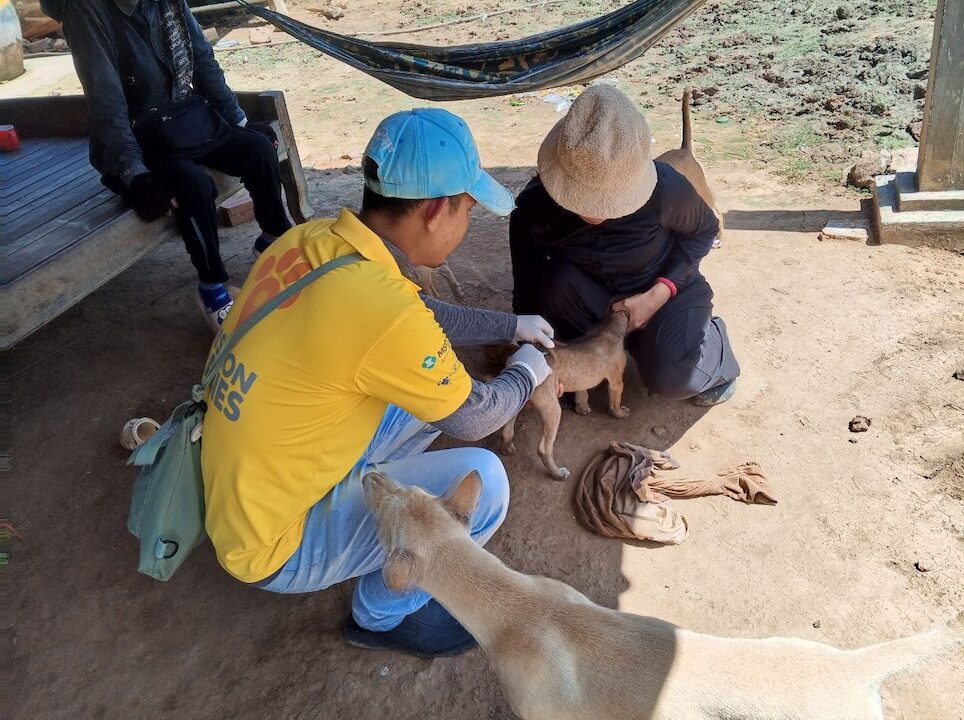The daughter of a British woman who died after contracting rabies as a result of being scratched by a dog while on holiday in Morocco, has appealed to anyone going abroad who plans to interact with animals to get vaccinated.
Nurse Robyn Thomson has been volunteering with the UK veterinary charity, Worldwide Veterinary Service (WVS), as part of its Mission Rabies project, after losing her mother, Yvonne Ford, to rabies.
Robyn has since been working to improve awareness of the disease.
“In February this year, my mum was scratched by a dog in Morocco which resulted in her losing her life to rabies.
"She passed away in June and I knew that I needed to make a difference and try and get rid of this horrible illness,” she said.
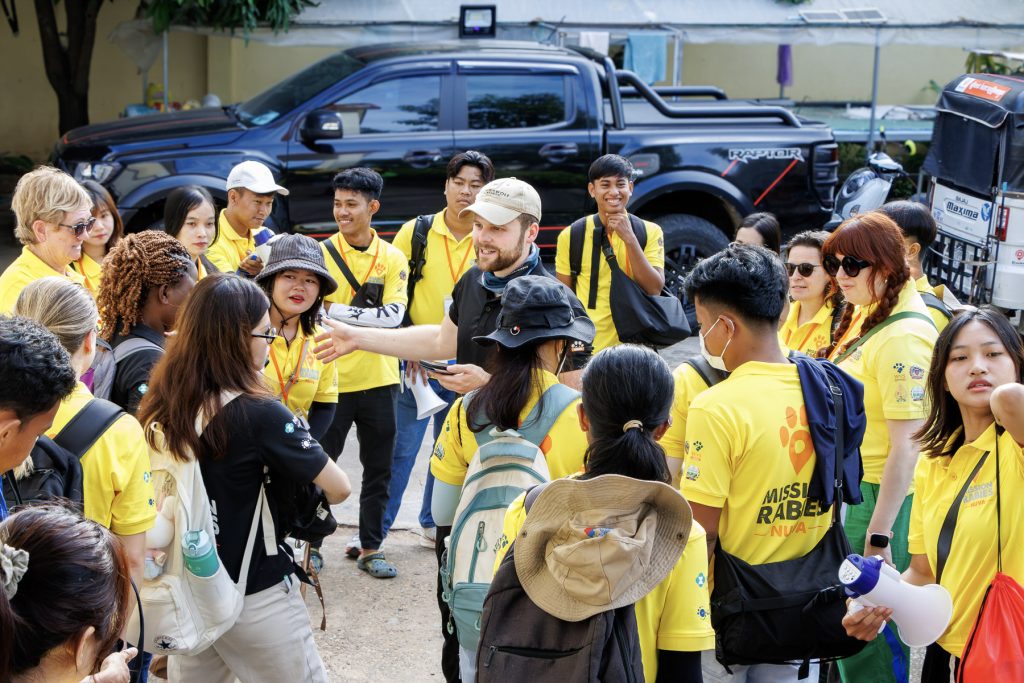
“Watching my mum being so poorly from rabies was just horrendous and I don’t want anybody else to suffer like she did. I want people to think twice and not underestimate rabies. Vaccination is the biggest key to all of this.”
When the opportunity came up to do the campaign with Mission Rabies she felt she had to grab it with both hands.
“My mum was such an incredible woman and she’s my biggest force to do any of this," Robyn said.
"She would be cheering me on and telling me to go and do it. I’m so proud that we can make a difference here and I wish that more people could do it.”
Robyn and her husband Andrew worked alongside over 750 people participating in the campaign.
More than 50 international volunteers and over 250 Cambodian veterinary students helped to form vaccination teams on the ground.
From October 20 to November 2, 221,391 dogs received free rabies vaccinations across three Cambodian provinces under the Mission Rabies project, run in collaboration with the Cambodian government.
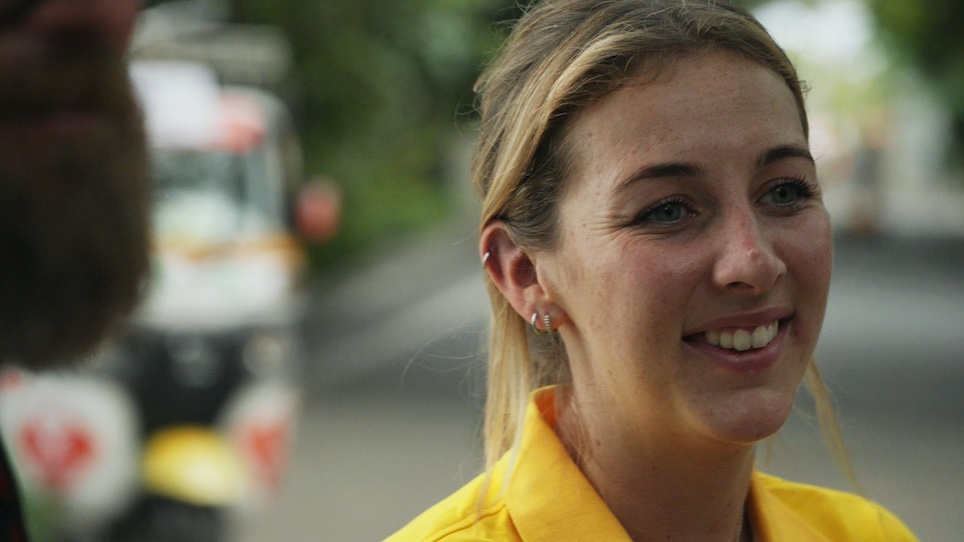
343 vaccination teams worked across the provinces of Phnom Penh, Kandal, and Battambang, going door-to-door to vaccinate dogs against the deadly disease.
On October 23, over 10,000 dogs were vaccinated in just one day, the highest ever on any of the charity’s campaigns around the world.
The Dorset-based charity also deployed a mobile treatment team for the duration of the campaign, providing veterinary assistance when volunteers identified animals in need of urgent care.
The mobile teams treated 1,417 animals, attending to a diverse range of cases from severe skin disease and tick fever to animals requiring amputations and chemotherapy.
For cases requiring further treatment or surgery, animals were taken back to the WVS Cambodia clinic based in Phnom Penh.
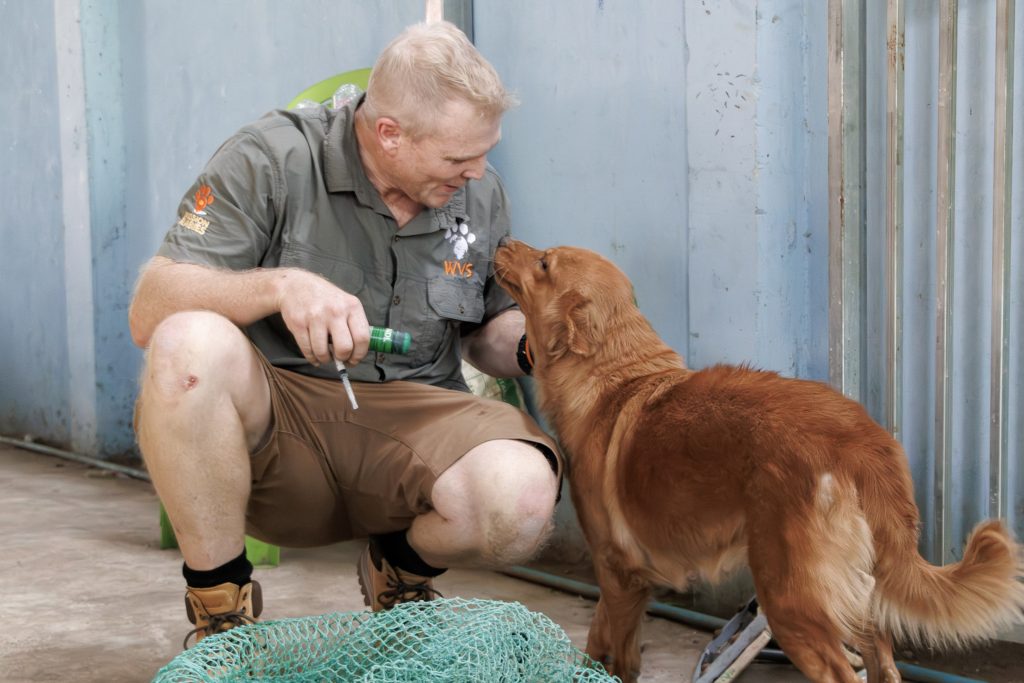
The annual vaccination campaign integrates with Cambodia’s national strategic plan for rabies control and elimination of which the Dorset-based charity is a lead consultant.
Luke Gamble, founder and CEO of Mission Rabies/WVS said that it has been absolutely phenomenal to see the project grow over the past three years as they push towards making Cambodia rabies-free.
“From completing the country’s first ever citywide vaccination campaign in 2023, to delivering the largest rabies dog vaccination drive in Asia in both 2024 and now 2025, what we’ve achieved together is nothing short of extraordinary,” he said.
“Vaccinating over 220,000 dogs against this deadly disease during this year’s two week campaign is a massive achievement.
“This isn’t easy work. It means going door-to-door, through entire provinces, in intense heat, working from dawn until dusk to reach every dog we can.
“Our NUVA teams are nothing short of inspiring. That’s why I’m so incredibly grateful to our dedicated partners, our amazing volunteers, and the tireless crew on the ground who make this possible,” the charity CEO said.
Luke added that it has been incredibly uplifting to see that year three into the campaign, they now have the support of the communities where they work.
“Families bringing their dogs forward for vaccination. This is what true collaboration looks like. This is how we beat rabies,” he said.
“And together, we can stop people and animals dying from this horrific disease once and for all.”
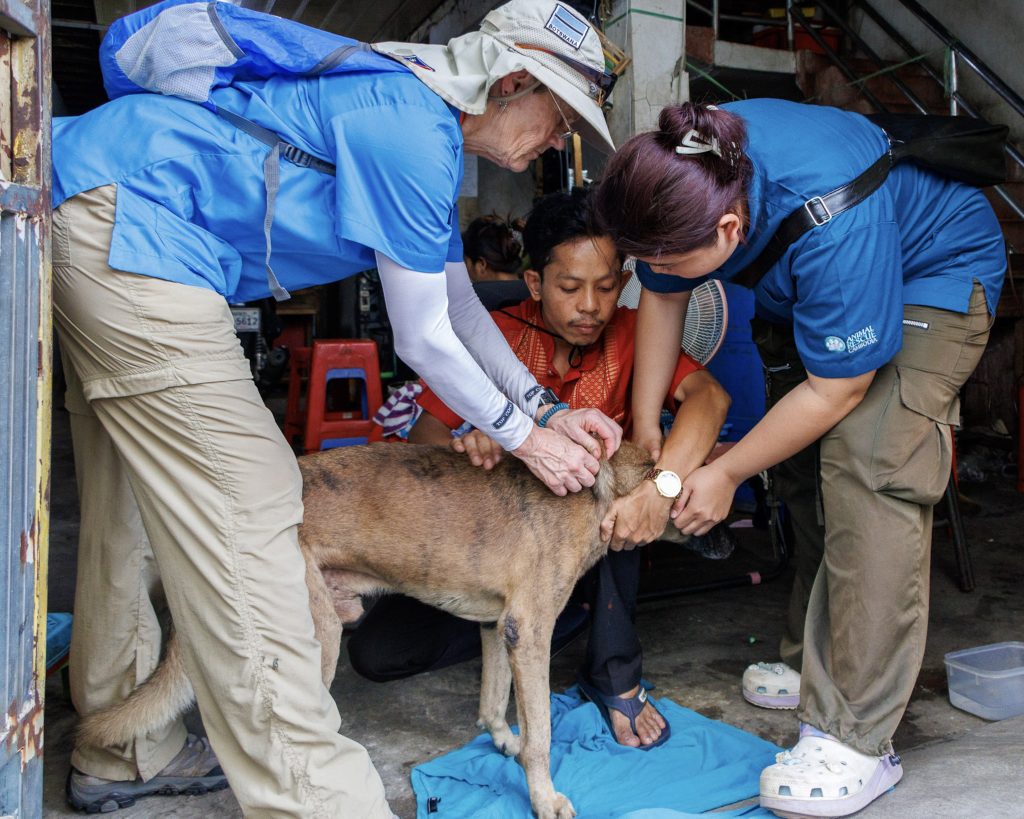
Dr. Amy Nicole Lewis, international project manager, WVS, said that they collaborated with Royal University of Agriculture (RUA) and National Institute of Agriculture (NIA) for the third year running.
“The participation of veterinary students is such a wonderful addition to this project. We know now that every student who graduates as a vet in Cambodia will have a knowledge of rabies and how to prevent it,” she said.
“Rabies is responsible for the death of at least one child every nine minutes, and is endemic in over 150 countries.
“However, rabies is preventable, with mass dog vaccination programmes proven to be the most effective way to stop the spread of the disease.”
At its global projects, WVS aims to vaccinate 70% of the canine population, which is the coverage needed to establish herd immunity, breaking the cycle of transmission and eliminating the disease in dog populations.
Dog bites are responsible for over 99% of all human rabies deaths, so eliminating the disease in dogs, eliminates it in people.
Children under 15 years-of-age are particularly vulnerable to rabies, accounting for 40% of global deaths.
Ahead of the campaign, a school-based rabies education programme was delivered to improve awareness of rabies, how to avoid being bitten by a dog and what children must do if that happens.
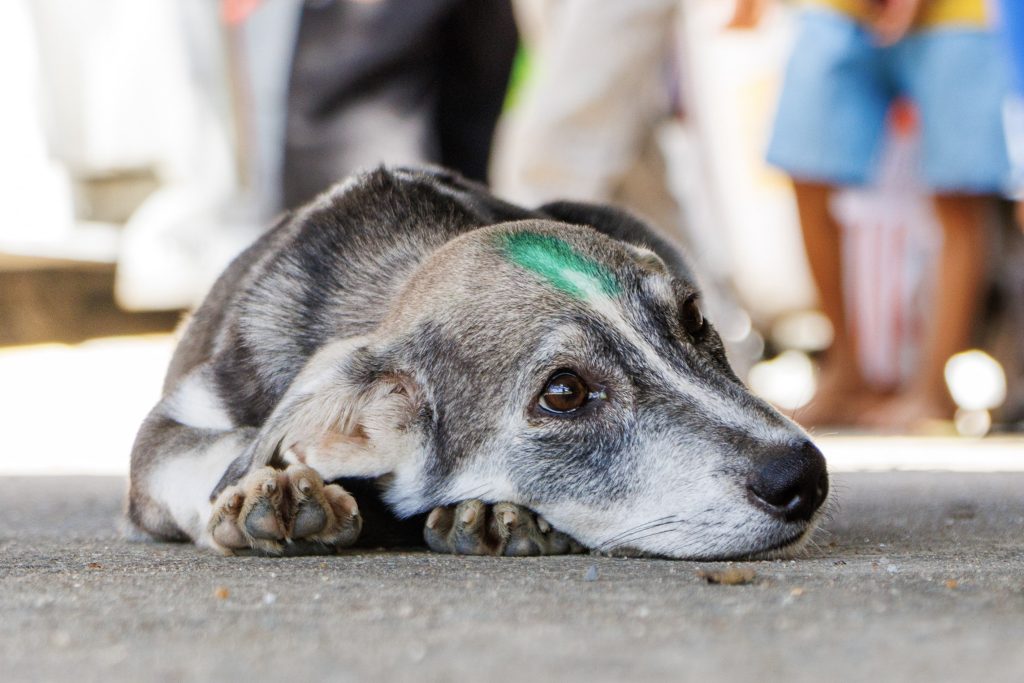
The programme reached nearly 640,000 students across Phnom Penh, Kandal, Battambang, and Kampot provinces.
The mass vaccination drive will return in 2026 in collaboration with General Directorate of Animal Health and Production (GDAHP).
